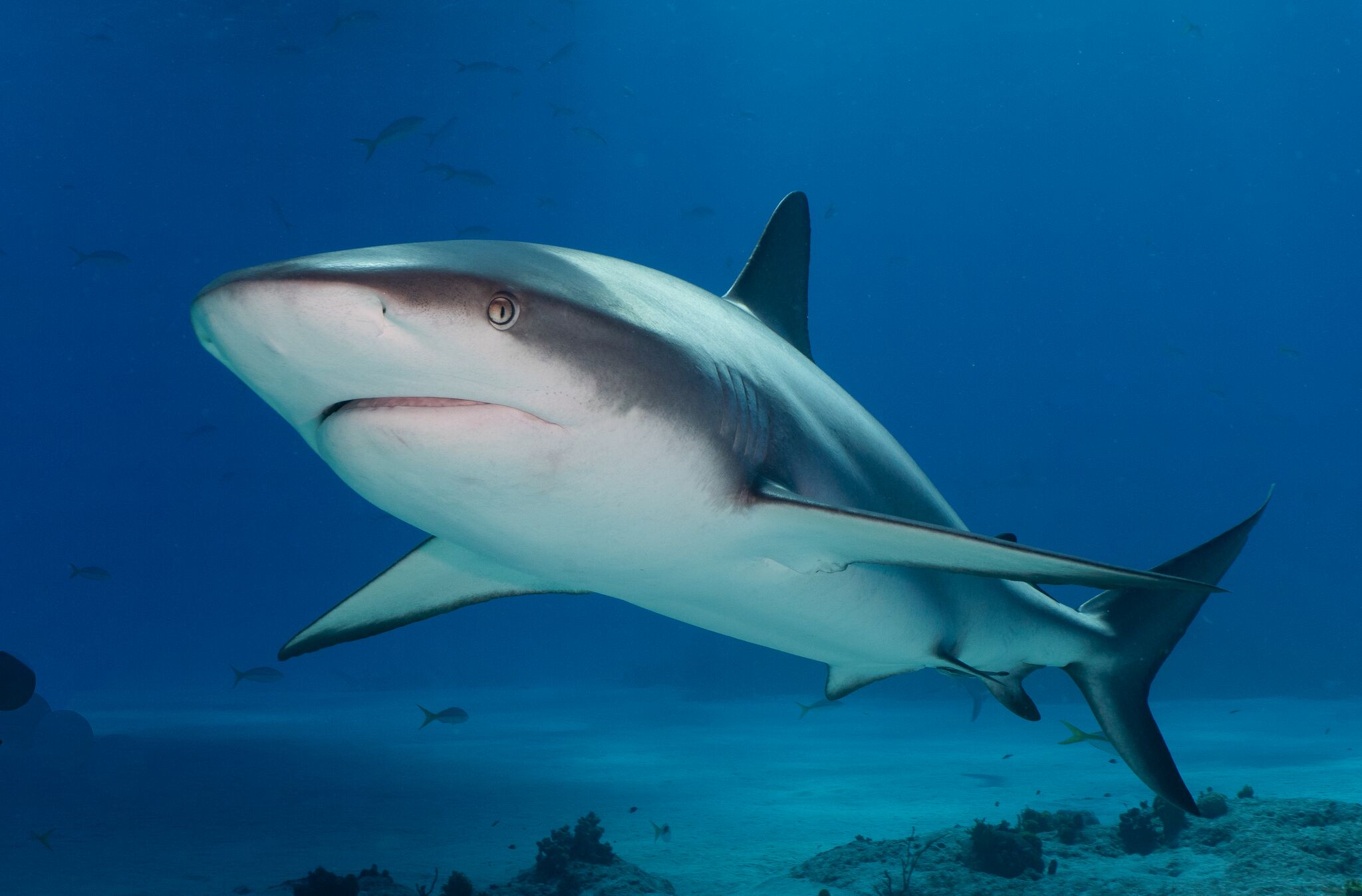The Importance of Sharks, Why Do They Matter?
SHARKS ARE TOP PREDATORS. THEY DID NOT EVOLVE TO BE HUNTED.
Like them or not, the ocean needs sharks, and we need the ocean. As top predators, sharks keep the lower trophic levels of their ecosystems in tact, whether that is consuming the weak and sick or keeping populations in check to avoid losses in other populations or habitats. They are essentially the white blood cells of the ocean as well as the natural selectors.
Most shark species are slow to mature and reproduce only once a year or every other year, and when they do, may only have a few pups at a time. They do not reproduce like other fish, which may lay thousands of eggs within their first few years of age, and continue to do so frequently. Therefore, sharks cannot recover easily from overfishing. Once mature animals are taken from an area, it can take more than a decade for the next generation to be ready for reproduction.
Sharks had few predators for hundreds of millions of years until humans began to aggressively target them about 30 years ago. In this short time shark populations have been drastically impacted. Some have declined by 90-99% in several areas where they were naturally plentiful.
Rays are closely related to sharks as are all Elasmobranchs. Like sharks, large-bodied rays are slow to reproduce and are therefore highly susceptible to overfishing. Manta and mobula rays are finned, just like sharks.
1/3 of all shark species are threatened with extinction.
80% of open ocean shark species frequently targeted in high seas fisheries are threatened or near threatened with extinction.
All 14 species of shark most prevalent in the shark fin trade are Threatened or Near Threatened with extinction.

